The family and its position in changing times such as ours will be at the center of the upcoming Extraordinary Synod of Bishops, to be held in the Vatican from October 5 through 19, at the specific and strongly-felt request of Pope Francis.
Approximately 180 people will attend, mostly representatives of Bishops’ Conferences from around the world.
This Extraordinary Synod will be followed in a year’s time by an Ordinary Synod, so the evaluations made in October 2014, will serve next year to form precise proposals on possible changes in the way today’s Church handles certain “prickly” subjects having to do with the family (for example, eventual admission to the sacraments of divorced and remarried Catholics, or a wider participation in parish life on the part of couples in non-traditional relationships, as defined by traditional Catholic doctrine).
Coordinating preparations for the Synod (with limited preparation time, since the Pope only called for it recently) will be a Tuscan Italian from the Diocese of Pisa, Lorenzo Cardinal Baldisseri. This seventy-four-year-old cardinal, who formerly served as Papal Nuncio in Haiti, Paraguay, India and Brazil, was called to Rome in January of 2012 by Pope Ratzinger to fill a very important position, the Secretary of the Congregation for Bishops. Also nominated Secretary of the College of Cardinals, he was automatically selected Secretary for the Conclave in March 2013.
During the rituals of obedience following Cardinal Bergoglio’s election and acceptance, the newly-made Pope presented his now-outdated cardinal’s zucchetto to Baldisseri, following a tradition (interrupted after John XXIII’s reign) that the Secretary of the Conclave is soon afterward made a cardinal. So that was how Lorenzo Baldisseri came to be a Cardinal, although it was formalized a bit later, at the Consistory of February 21, 2014. In the meantime, last September 21, he was nominated the new General Secretary of the Synod of Bishops. It was in that role that he met with us, at his office in Via della Conciliazione, a few steps from Saint Peter’s, for an interview to discuss what has been done so far in preparation for the October meeting.
Your Eminence, on June 26 in the Vatican Press Room, together with Cardinals Erdo and Vingt-Trois and Archbishop Forte, you presented the Instrumentum laboris for the upcoming Synod…
Cardinal Lorenzo Baldisseri: Let me say start by saying that Instrumentum laboris is a document that will serve the Synod Fathers as a thematic base for discussions and debates for the upcoming Extraordinary General Assembly. For that meeting, the central theme will be “Pastoral challenges for the family, in the context of evangelization,” and the Fathers will be focusing on a wide set of problems to be dealt with. Now, it’s true that this text — an in-depth review of families and their situations – will entail discernment and deep evaluation on the Fathers’ part, when they come together at the October Assembly. Their task will be to offer orientation and directives that will then be submitted to the Holy Father’s consideration, for him to use as he sees fit. The fact that the Synod will be held in two phases (October 2014 and October 2015) implies, too, that the Fathers will have all the more time for reflection and coming to conclusions on this theme, which is so complex, delicate and pressing.
We’d like to cite for you some of the more significant headlines appearing Friday, June 27, the day after you presented Instrumentum laboris: “From Gays to Divorced Catholics, the Bishops Reach a Turning Point: No More Condemnation!,” “Bishops to Open to Common-Law Couples. Gay Couples Can Have their Children Baptized,” “The Church Reflects: the Faithful Don’t Understand Us,” “Vatican Family Blends and Expands. Marriage Becomes Negotiable, as is All the Rest,” “Francis’ Revolution: I Hear My People.”..
The newspapers are responding to interpretations, and issues that the mass media think are most important. I think, instead, that a faithful and in-depth reading of Instrumentum laboris will bring readers to a wider and deeper understanding of these subjects, all of which, without exception, deserve attention and commentary. At times, our hurry or contingency may cause us to pay more attention to certain aspects of a subject to the detriment of others. For example, it is useful to remember that the concept of family, and the way family life is experienced, varies from culture to culture, geographic region and tradition. This means that, say, Africa and Asia may face a set of problems and difficulties (polygamy, arranged marriage, poverty, migration, etc.) that are quite different to those found in the West, which suffers from exasperated individualism, hedonism and consumerism, with all their trappings.
As you know, Instrumentum laboris takes into consideration the results of a very controversial “Questionnaire,” with 39 questions on knowledge and appreciation of Catholic doctrine on the family, besides possible modifications in pastoral policy to be applied to certain “problematic” categories of families. In Switzerland there was even the case of the Bishops’ Conference having the San Gallo social-pastoral institute make up a second Questionnaire. In your opinion, what value does this kind of questionnaire provide, when the information comes from all over the globe, on paper and over the Internet? (In the case of information coming through over the Internet, there was controversy over the trustworthiness of the data.)
The Questionnaire, as we all know, is the third part of the initial Preparatory Document, and it was sent to the Bishops’ Conferences and other entitled people so we could gather suggestions, reflections on the family, and, most important of all, information on how families live. I want to emphasize this last consideration. The value of the results we obtained is that of an investigation, which is not just a simple poll, but the attempt to find out about the concrete situation of people who are living through the experience of the family, and in what way the Church takes care of the family, pastorally. It should be said that it was generally understood, that it wasn’t a matter of just giving “yes” or “no” answers. We were able to gain knowledge about different situations, including those involving the suffering of both families and single people, and we also heard from pastors, family social workers, leaders of family-oriented associations, and others. Up to now, 88 of the 120 Bishops’ Conferences have responded, which is 59%. The few who haven’t sent in their responses yet are mainly from Africa. The individual or group responses so far total 983, and are mainly (63.58%) from Europe. The lowest amount is from Asia (2.33%). The data is constantly being updated, since the Secretary General is continuing to receive late responses, which are welcome, of course. Most of the responses are coming to us by mail.
How did the Questionnaire address the issue of access to the Sacraments for divorced, remarried Catholics, and how will the Synod address this? As you know, this topic has been at the heart of months of debate, between those who side on “opening,” such as Walter Cardinal Kaspar (who was chosen by the Pope to give the introductory report on the Consistory for Families, last February) and those instead who, in choosing current Catholic doctrine as their reference point, harbor serious perplexity and worry over such an eventual “opening.” Many Cardinals side with the second group…
The responses we have received, whether from Bishops’ Conferences or individuals or groups, are articulated according to the questions asked. The emphasis that has been placed on the issue of access to the Sacraments for divorced and remarried faithful does not come through in the responses we have received: to be sure, this issue is spoken about, and given the relevance it deserves, in the measure it deserves. I think that Instrumentum laboris will help us deepen our knowledge as to the true extent of problems concerning families, (the information we gather, moreover, spans five continents), and it will help the so-called public opinion of Europe and the West to evaluate, with greater balance, these topics which are considered “hot” and sensitive. In the West, too, we see matters such as unmarried couples living together, unwed mothers, violence and abuse within the family, the witness of people who are separated but remain faithful to their marriage even though it has failed, matters concerning children and those who are alone (the elderly, etc.) and still more: these are all listed in the documents, and they all have their importance in society, representing as they do a pastoral challenge for the Church. The Synod Fathers are coming together precisely to tackle all of these topics, and to seek a pastoral answer in conformity with today’s times and circumstances.
A pastoral answer… what does this mean? Doesn’t giving priority to an attitude of mercy risk arousing the general public’s perception (that often becomes their “reality”) that the Church is relaxing its doctrine on the indissoluble nature of marriage? Has the question come up, in certain circles, of whether we may be heading towards a “Catholic divorce”?
Just because we speak about mercy doesn’t mean we are changing the doctrine on the indissolubility of marriage.
But according to some, if pastoral procedures were to be changed – in the name of mercy – allowing, for example, Communion for divorced, remarried Catholics, or “recognizing” same-sex unions in some way, it would mean a de facto undermining of the indissolubility of marriage, and its specific nature as being between a man and a woman…it would be more of a “revolution” than an “adjustment.”..
The concept of mercy can’t be reduced to a mere procedure, nor to a risk or a perception. Mercy is God Himself Who is love, and Who is merciful towards sinful and repentant man. Archbishop Bruno Forte, Special Secretary for the next Synod Assembly, was clear about this in his presentation last June 26th, in the Press Room: And I reaffirm it now. Paraphrasing Evangelii gaudium, no. 47, he said that “the Church’s pastoral action towards people in difficult or irregular family situations must reflect the mercy with which our Heavenly Father looks at and loves each of His children.” Consequently, for people who are suffering through difficult situations the most urgent and true pastoral need is to heal these people’s wounds, so that they may once again take up their journey along with the rest of the ecclesiastical community (Instrumentum laboris, no. 80) None of this has anything to do with the trivial slogan of “Catholic divorce” formulated by some when discussing possible Synod proposals.
This “taking up the journey” with the rest of the community perplexes some people. They ask, “Might this not lead to Parish Councils and other entities being presided over by the divorced and remarried, or by declared, practicing homosexuals? (This has actually already happened, in a Vienna parish, and it stirred up plenty of controversy.)
On the matter of this community journey and its details, the Synod will be responsible for setting out appropriate guidelines.
On the other hand, one might wonder how much attention the Synod will devote to witnessing to “the fight,” a joyous fight but a fight nonetheless, that in the past few months (and still today) a significant part of Catholics (and others of good will) have been carrying out. For example, in France, large-scale demonstrations, the Manif pour tous, were organized in favor of families based on one man and one woman; and in Croatia, the faithful fought to add “between one man and one woman” to describe the word “Marriage” in their constitution; in Slovakia, too, there has been a mass mobilization of the public.
I, too, want to point out that witness to the value of the family has been getting stronger and stronger, countering the propaganda for an “anthropological revolution” that, to admit the truth, brings humanity along the road to decay. These pro-family initiatives are present today throughout Europe, most strongly in the East. The Manif pour tous in France was remarkable, bringing together hundreds of thousands of people on several occasions.

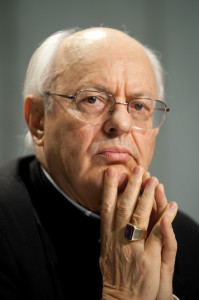
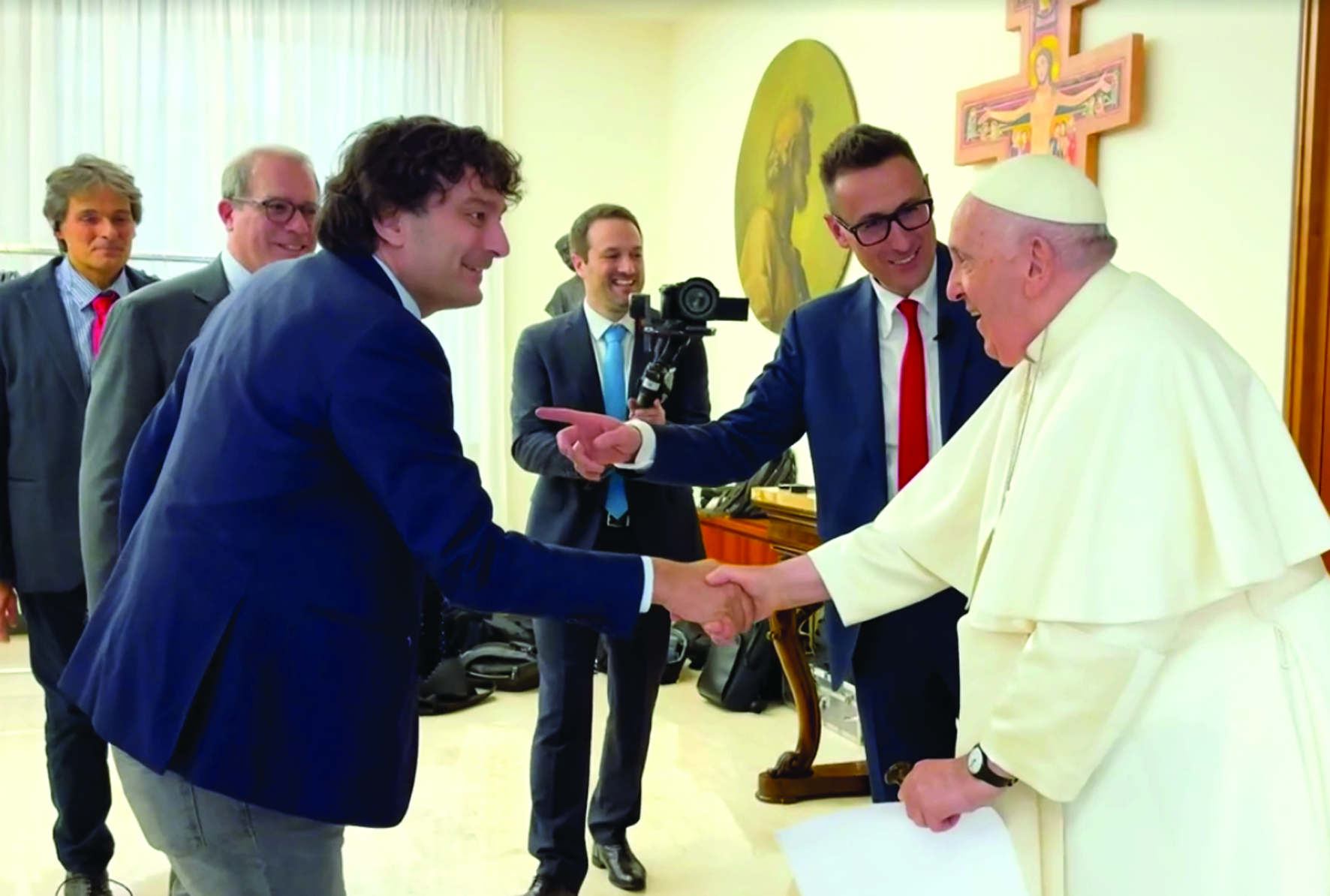
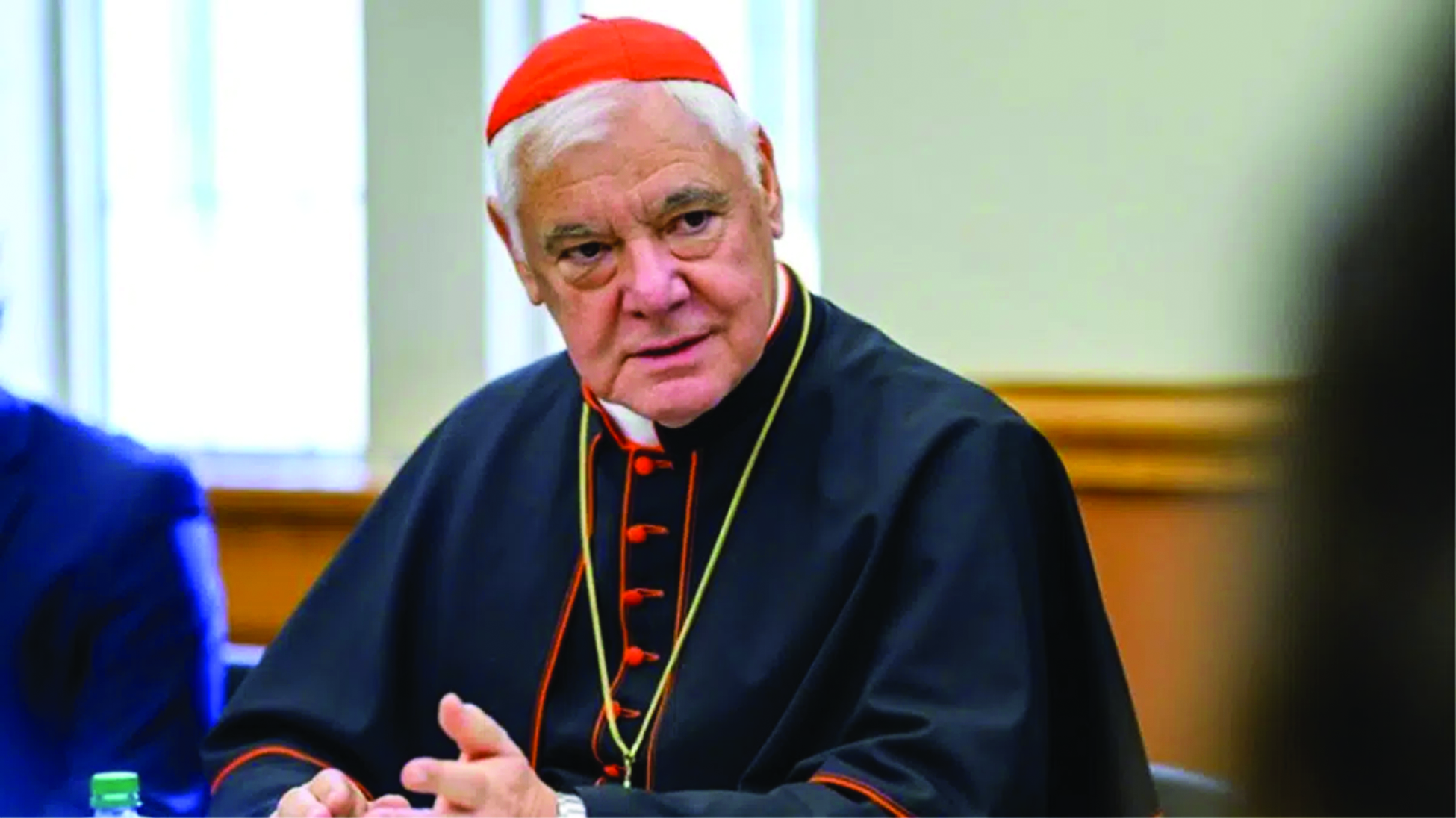
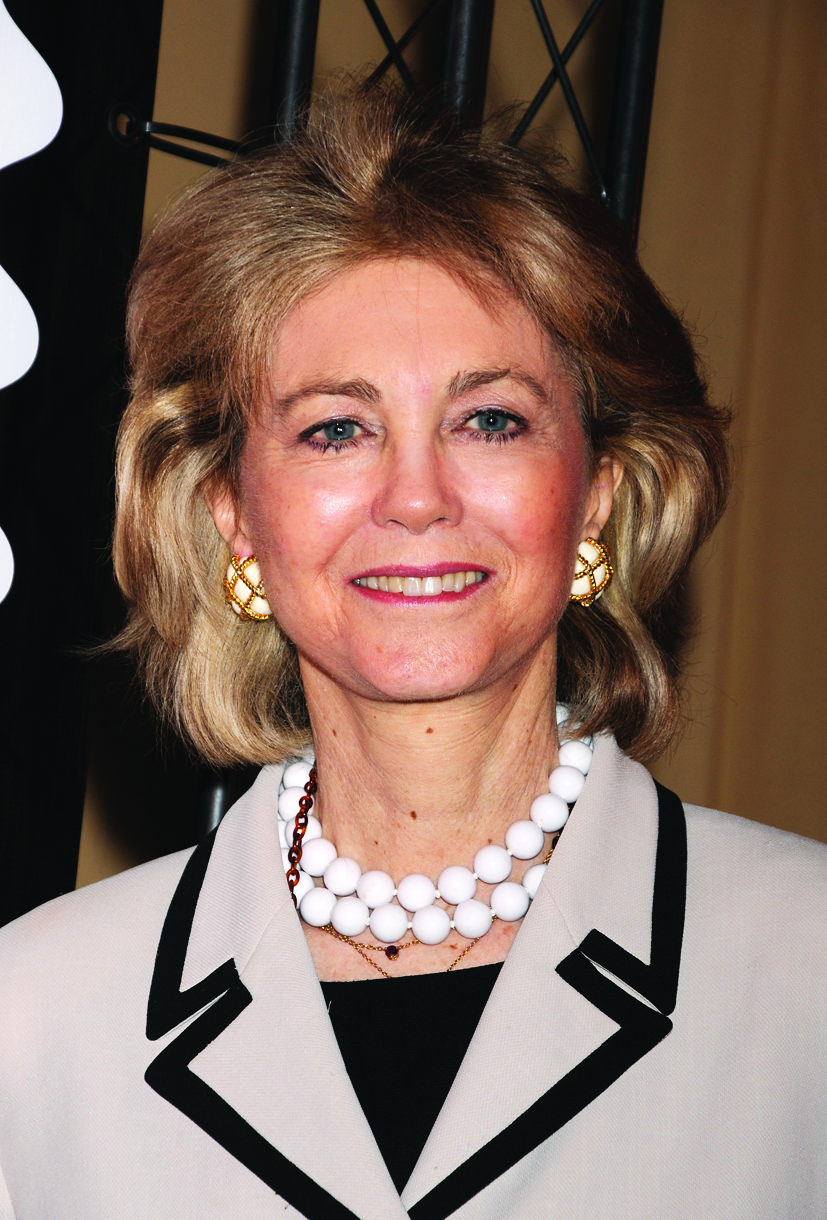
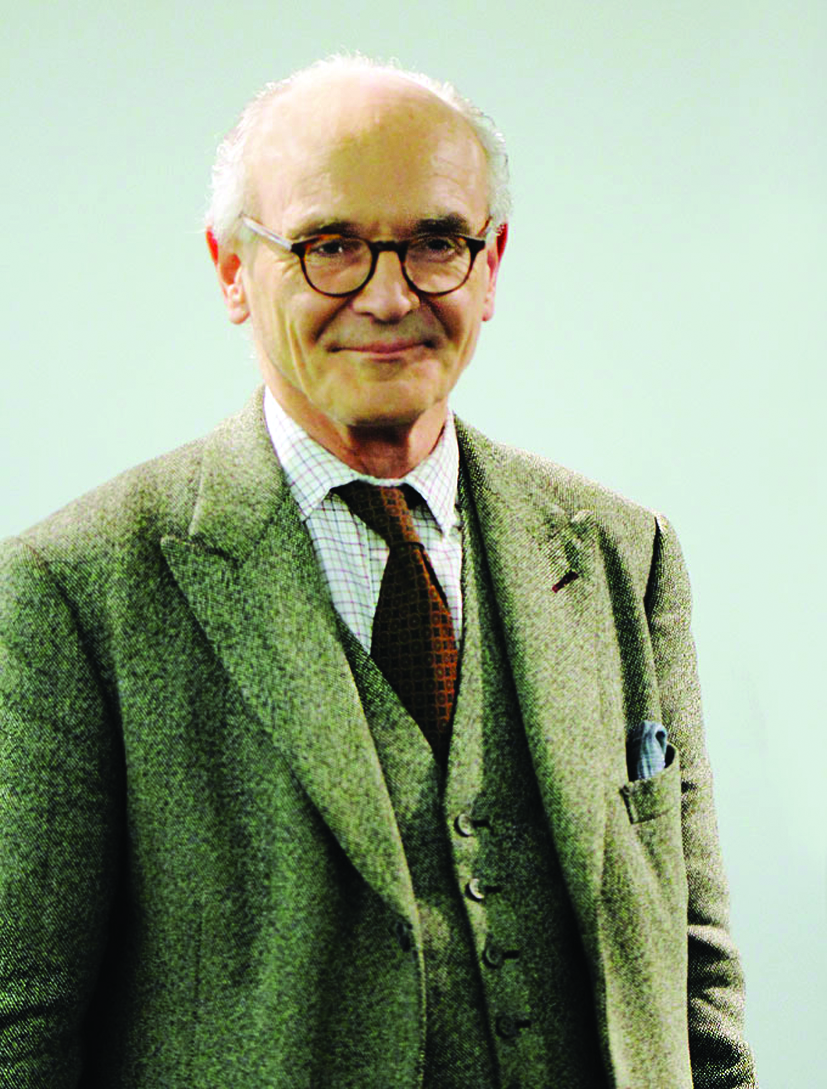
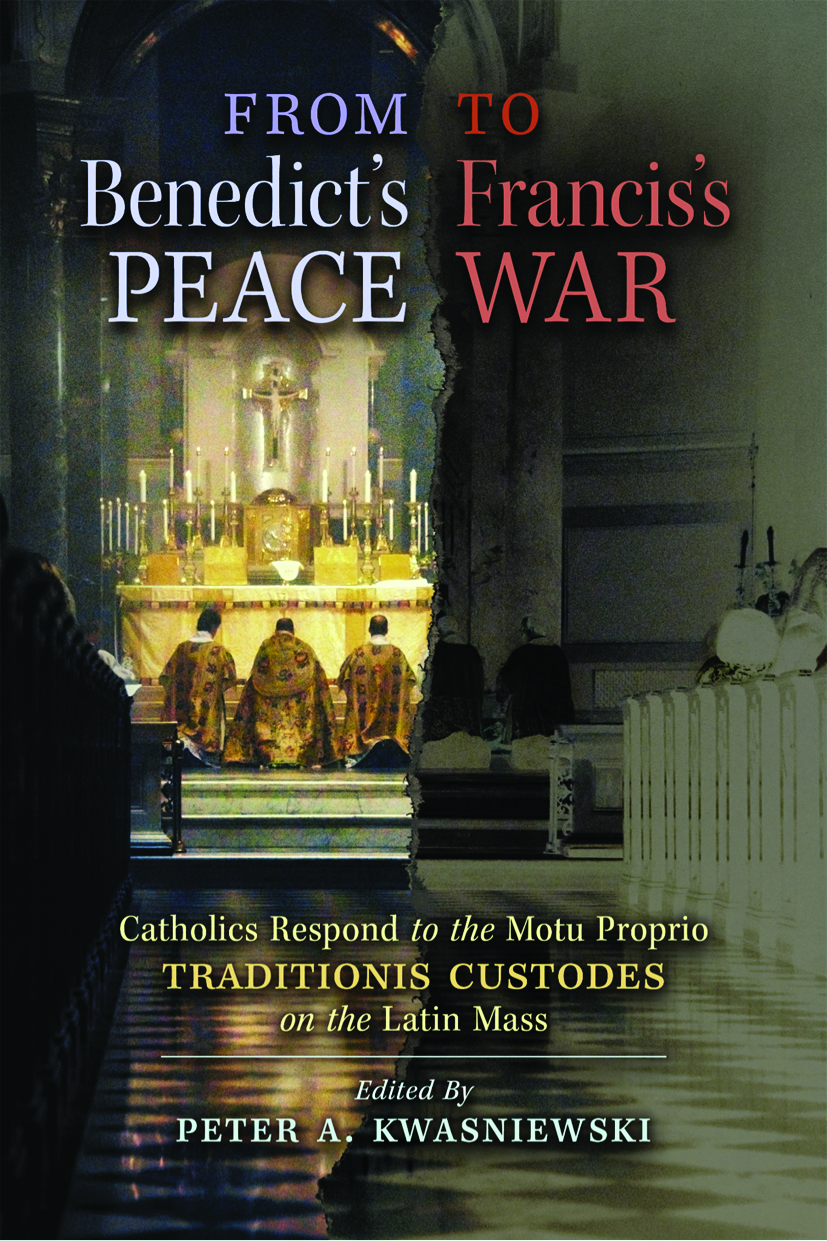
Facebook Comments